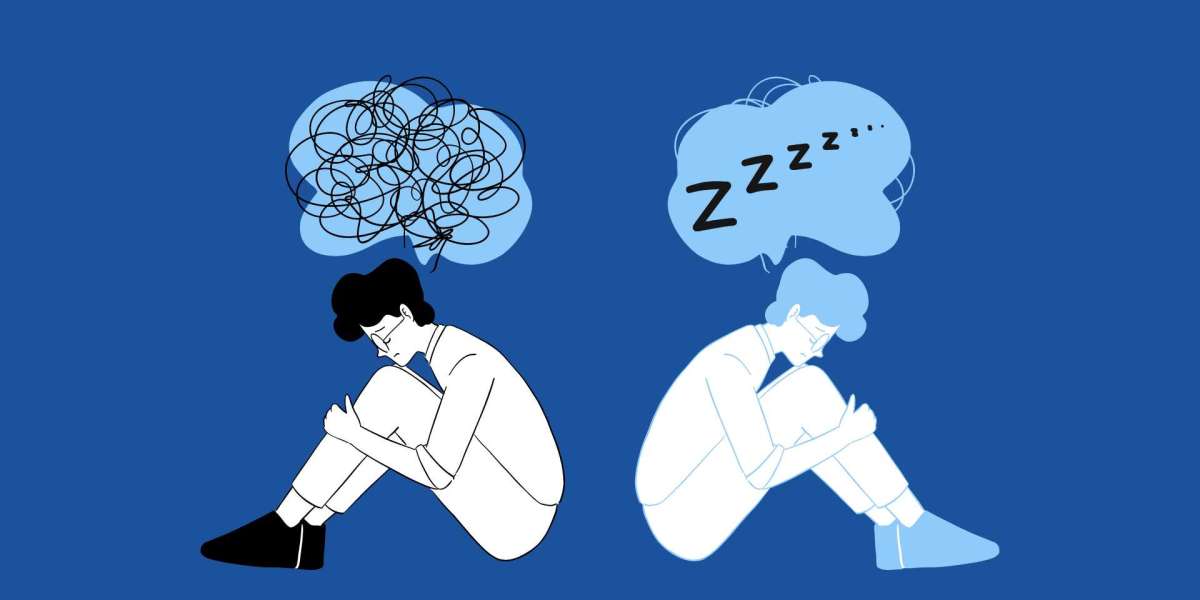In the quiet of the night, while the world is draped in darkness and most are lost in the realm of dreams, there are those who find themselves engulfed in a relentless battle with sleeplessness. Insomnia, a sleep disorder that affects millions of people worldwide, robs individuals of the restorative sleep they need to function optimally. In this article, we'll explore the challenges of insomnia, its causes, effects, and strategies for navigating the sleepless nights.
Understanding Insomnia
Insomnia is characterized by difficulty falling asleep, staying asleep, or achieving restful sleep despite having the opportunity to do so. It can be acute, lasting for a short period, or chronic, persisting for weeks, months, or even years. Insomnia can manifest in various forms, from struggling to initiate sleep to waking up frequently throughout the night or experiencing early morning awakenings.
The Midnight Struggle
For those grappling with insomnia, the night becomes a battleground. While the rest of the world drifts into slumber, they lie awake, their minds racing with thoughts, worries, and anxieties. The hours tick by relentlessly, each minute feeling like an eternity as they long for the elusive embrace of sleep. The stillness of the night amplifies their struggles, and the darkness seems to magnify their feelings of isolation and frustration.
Causes of Insomnia
Insomnia can stem from a variety of factors, both physical and psychological. Stress and anxiety are common culprits, as the pressures of daily life can weigh heavily on the mind and prevent relaxation. Poor sleep habits, such as irregular sleep schedules, excessive screen time before bed, and consuming stimulants like caffeine, can disrupt the body's natural sleep-wake cycle and contribute to insomnia.
The Vicious Cycle
Insomnia often perpetuates a vicious cycle, where the fear of not being able to sleep exacerbates the problem. Individuals may develop maladaptive sleep behaviors, such as spending excessive time in bed, napping during the day, or relying on sleep aids, which can further disrupt their sleep patterns. As the cycle continues, insomnia becomes deeply ingrained, and breaking free from its grip becomes increasingly challenging.
Effects of Insomnia
The effects of insomnia extend far beyond the nighttime hours, infiltrating nearly every aspect of an individual's life. Daytime fatigue, irritability, and difficulty concentrating become constant companions, impairing cognitive function and diminishing overall quality of life. Relationships may suffer as the toll of sleeplessness weighs heavily on both the afflicted individual and their loved ones. Physical health may also be compromised, as chronic sleep deprivation has been linked to an increased risk of various medical conditions.
Navigating the Insomnia Journey
While navigating the journey through insomnia may feel like an uphill battle, there are strategies and techniques that can help individuals find relief. Establishing a consistent sleep schedule, creating a relaxing bedtime routine, and optimizing the sleep environment can promote healthy sleep habits and improve sleep quality. Cognitive-behavioral therapy for insomnia (CBT-I), a structured approach that addresses the underlying thoughts, behaviors, and emotions contributing to sleep difficulties, has been shown to be highly effective in treating insomnia.
Finding Hope in the Darkness
Though the struggles of insomnia may feel overwhelming, there is hope for those who persevere. By addressing the root causes of insomnia, adopting healthy sleep habits, and seeking support from loved ones and healthcare professionals, individuals can begin to reclaim control over their sleep and restore balance to their lives. Each step forward, no matter how small, brings them closer to the light at the end of the tunnel—a place where sleeplessness gives way to serenity, and the journey through the sleepless struggles of insomnia reaches its long-awaited conclusion.



